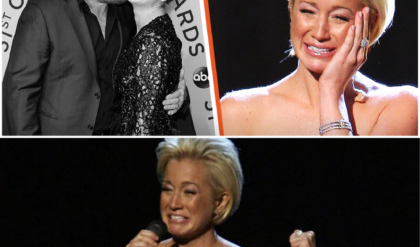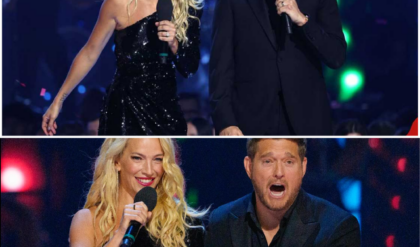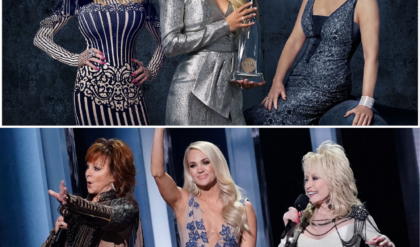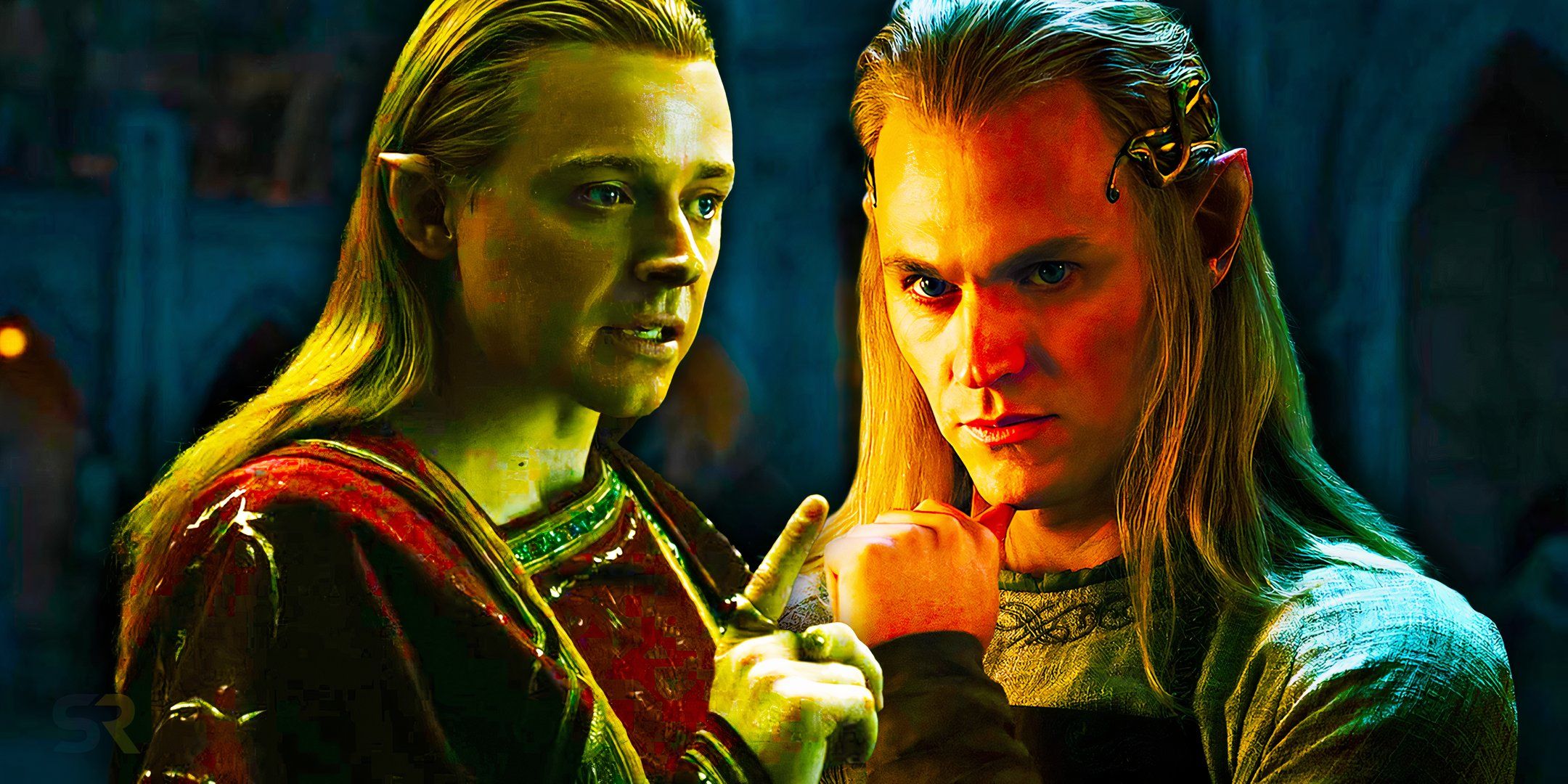
Sauron’s speech to the Orcs in The Lord of the Rings: The Rings of Power season 2 didn’t go over so well, but there may be much more to this moment than it initially seemed. The season premiered with a flashback scene in which Sauron, played in this instance by Jack Lowden, announces his intention to be crowned the new Dark Lord following Morgoth’s downfall. Of course, Adar and the Orcs rejected his claim, murdering the villain so that he had to spend the following centuries as a slimeball until he could regain a body. Given the threatening speech Sauron delivered in Rings of Power, this isn’t much of a surprise.
When addressing the Orcs in Rings of Power season 2, episode 1, Lowden’s Sauron essentially told these beasts that they were entirely disposable. He said that many of them would die but that it would all be worth it since this would allow Sauron to rule over all the beings of Middle-earth. He went on to say that the Orcs had no choice but to follow him—that Sauron was their only future. The Rings of Power villain was baffled that this didn’t inspire the Orcs’ loyalty, and this, combined with Sauron’s words, implies a darker truth regarding his past story.
Sauron’s Speech To The Orcs Likely Mirrors What Morgoth Told Him In The First Age
The Speech Applies Better To Sauron Than The Orcs
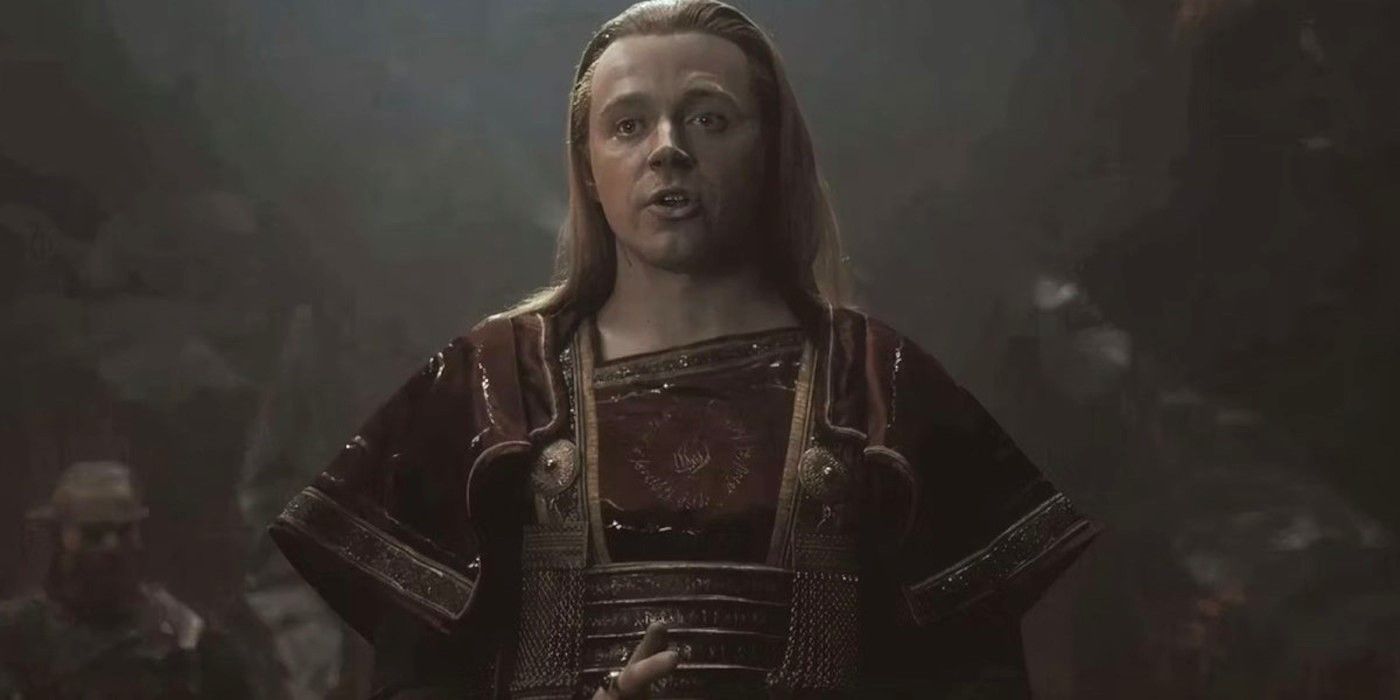
“You have nowhere else to turn. The Valar will never forgive you. Elves will never accept you. Men will never look upon you with anything but horror and disgust. I am your only future, and my path your only path!”
Sauron telling the Orcs that the “Valar will never forgive” them stands out especially. The Orcs would have had no involvement with the Valar since Morgoth himself bred them in Middle-earth. They would have never met these deities and, therefore, would likely have never thought to ask their forgiveness for anything. Sauron, on the other hand, had been a servant to the Valar before he betrayed them and joined Morgoth. It’s more likely that he would have considered turning back to Valinor at some point during his decline and that these words had originally come from Morgoth himself.
The threat that the Valar, Elves, and Men would never accept Sauron reinforces the villain’s own frustration at being rejected by Galadriel and Celebrimbor in Rings of Power. Vicker’s character is seen crying after both these Elves refuse to see him as Middle-earth’s savior, and he responds with violence and murder. Their rejection clearly prodded at a sore spot.
Morgoth Didn’t Force Sauron To Be Evil (But It’s Likely Complicated)
Morgoth Might Have Made Such Threats, But Sauron Isn’t A Victim
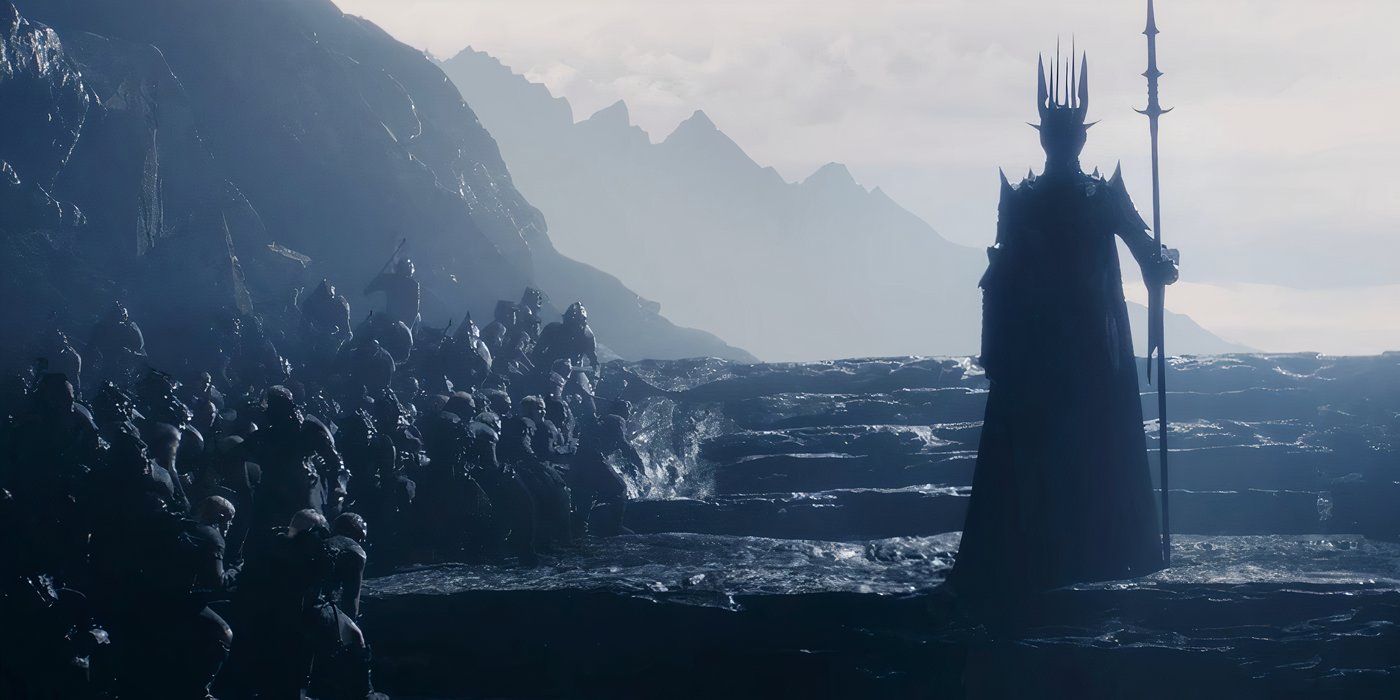
The idea that Sauron had adopted Morgoth’s own threats against him in Rings of Power season 2 lines up with the villain’s claims of what it had been like serving under Middle-earth’s original Dark Lord. Sauron told Celebrimbor that Morgoth had been cruel and torturous, and reminders that the Valar would never accept this fallen Maia back fit perfectly within this. It’s implied that Morgoth seduced Sauron into doing evil deeds and then demeaned and belittled him into thinking it was too late to turn back. While Rings of Power‘s Sauron seems to genuinely believe this, it’s likely not how things actually went down.
Believing that Morgoth had forced him to be evil would be the only way Sauron could still consider himself Middle-earth’s savior.
Tolkien canon dictates that Sauron joined Morgoth of his own accord. He had been a Maia, an angel-like being in service to the Valar, for endless centuries and was known to be a perfectionist and excellent craftsman. However, Sauron (called Mairon at the time) began to believe that Morgoth’s destruction was a necessary purge to rebuild Middle-earth to his own “perfect” design. Sauron made all his own choices, but it’s certainly possible that he convinced himself otherwise. Believing that Morgoth had forced him to be evil would be the only way Sauron could still consider himself Middle-earth’s savior.
What Rings Of Power’s Morgoth/Sauron Hints Mean For Season 3
We May See More Of This In Future Seasons Of Rings Of Power
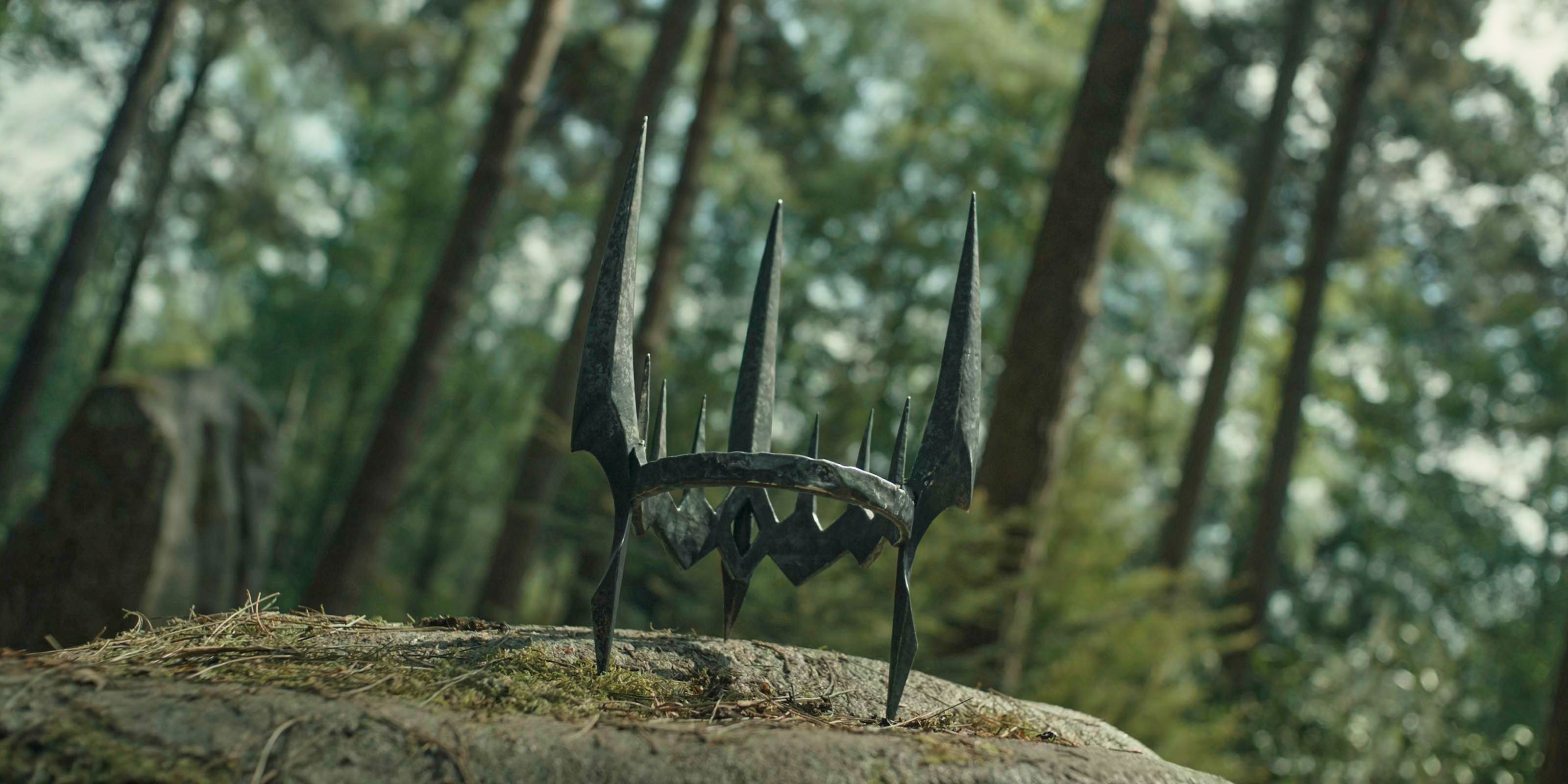
Rings of Power season 2 put a lot of time into the relationship between Sauron and Morgoth. Though the original Dark Lord was never seen on screen, Sauron’s words to the Orcs, Galadriel, and Celebrimbor indicate that this villain dynamic is still heavily on the character’s mind. Of course, the show has only so far provided Sauron’s perspective while sprinkling in hints (such as through Celebrimbor’s biting words about Sauron deceiving himself) that this perspective can’t be trusted. This seems to imply that future seasons of Rings of Power will reveal a more objective truth.
Morgoth telling Sauron that the Valar would never forgive him would be ironic since Morgoth himself was forgiven by his kin on several occasions.
Rings of Power season 3 or beyond may take a dive into the past to explore what things had really been like between Morgoth and Sauron. This may provide an opportunity to hear precisely what the evil Vala said to his servant during times of doubt—perhaps reminding Sauron that the Valar would never forgive him for what he had done. What’s more, this could come with a definitive answer regarding how and why Sauron chose this path and how he came to convince himself that he is only a victim. Of course, only time will tell for certain.
